- Expert advice/
- Venues & vendors/
- Photos & video/
- Is A Wedding Videographer Worth It?
- Photos & video
Is A Wedding Videographer Worth It?
Videographers record your special day. So, how do they do it? Read on to find out.
Last updated February 5, 2024
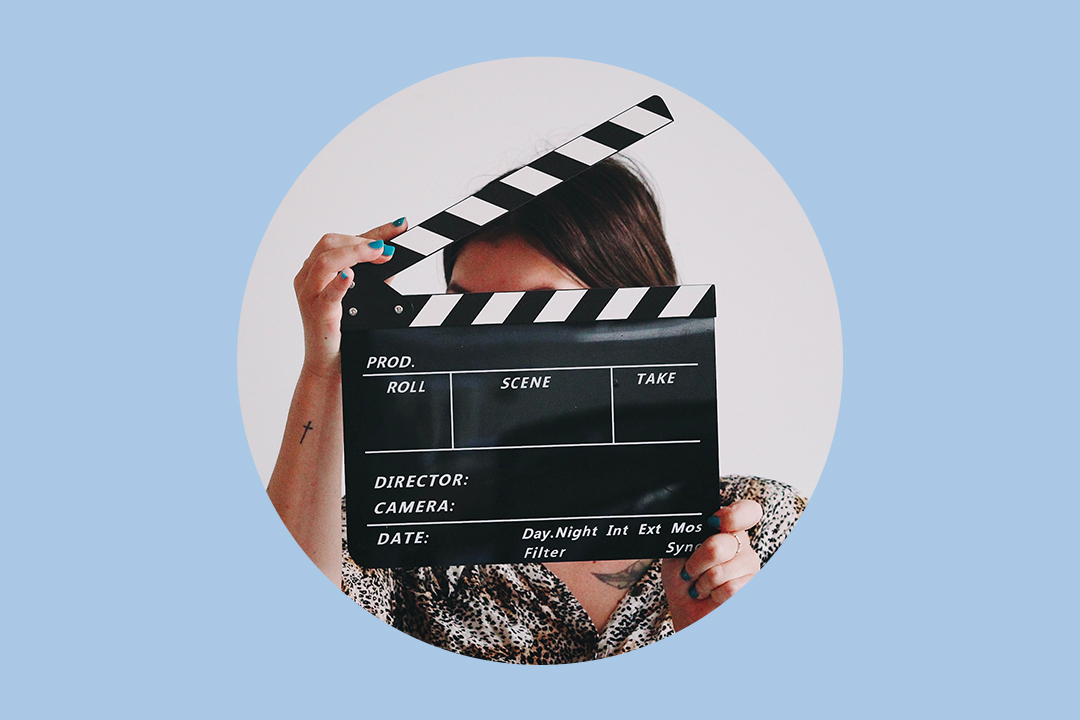
The First Look ✨
- Videographers are responsible for capturing your special day in action, helping to ensure that you remember those magical moments forever. Here’s what you need to know about how wedding videographers work.
- Couples fill out a questionnaire that includes whether the video team should focus on any specific family members. But, otherwise, couples usually trust him to get the right shots.
- Brides and grooms wear mics to capture key audio during the vows. Abalos says that he encourages couples to do a first look, a quiet and often emotional moment when they see each other alone before the ceremony.
There are so many things you need to think about when creating your wedding budget. For example, you need to plan for food, entertainment, the venue, whether to hire a wedding planner...the list goes on.
And one of the most important areas of your budget is hiring professionals to capture all the important moments of your special day—like getting ready with your bridesmaids, walking down the aisle, your first dance with your partner, and the champagne toasts from the wedding party. And while most couples wouldn’t dream of not hiring a wedding photographer (according to Forbes, nearly 90 percent of couples hire a professional photographer to shoot wedding photos on their big day), when it comes to wedding videos, may couples wonder...
Is a wedding videographer worth it?
Ultimately, according to Forbes, only 1 in 3 couples end up hire a wedding videographer. But not hiring a videographer and capturing their wedding day on video is a decision that, according to The Huffington Post, a whopping 98 percent of brides end up regretting.
Clearly, hiring a wedding videographer is worth it because they capture your special day in action, helping ensure that you remember those magical moments forever—and helping you to avoid some serious regrets down the road.
But how, exactly, do they work—and what do you need to know to ensure they capture all of the special moments of your wedding day? Let’s take a look at everything you need to know about how wedding videographers work (including insights straight from a real wedding videographer!):
Make or Break
As a professional breakdancer, Rene Abalos of N Compass Cinema in California knows a thing or two about spontaneous movement and capturing the action on the fly. He began filming raw footage of his friends dancing in their high school hallways and later started his wedding video company with his makeup artist wife in 2010. “I was just blown away,” he says of the first wedding he ever shot. “I saw people excited and a lot of laughter and dancing, and it was just an awesome feeling, especially while we're filming—you get that instant gratification that you're doing something good. That's what really got me into it.”
Setting the Pace
His business is 95 percent weddings, and he usually gets inquiries from half a year to a year and a half before the wedding date. Fall (August to October) is his busiest season, as couples push their weddings back to avoid the increasing summer heat.
Before the pandemic, he shot about 25 to 30 weddings a year. (He only did six weddings last year.) He prefers to keep it at that number—they did an exhausting 30 to 35 weddings for the first three or four years after launching. “I was busting my butt, doing three weddings in a weekend. People said, ‘Don't you have any weekend for yourself?’ and I’m like, ‘That's a good point,’” says the father of three. Now he does about one or two weddings a week, usually on Fridays or Saturdays.
Meeting Prospective Clients
Most clients find him through word of mouth or Instagram during their wedding planning process. Prospective clients inquire via the company’s website or social media platforms (including Instagram) about availability, and Abalos will provide a baseline price to confirm that it’s within their budget. If so, he’ll schedule a chat to get to know the couple and vice versa. Then, he’ll walk them through his wedding packages—up to five hours, eight hours, or 12 hours (which is considered the entire day)—plus an a la carte/add-on menu with things such as drones and additional hours. The eight-hour wedding videography package is the most popular, with another hour or so added on.
Abalos notes that he makes a point of keeping his prices fair because, during his own wedding planning, he saw how wedding vendors or wedding professionals charged eye-popping prices. “We didn't want to do that because we paid for everything out of our pockets. We’re thinking about couples who are in the same position.” Sometimes couples are willing to find more in their budget after chatting with him and his team: “They see our personality and then they're like, ‘Oh man, we should book them because they seem very genuine and fun to work.’”
Working With Couples
For his part, he’s looking for couples who are excited to get to know him and are into their conversation. He can tell couples who aren’t a good fit to work with almost from the first email: “They’ll give me a list of 20 shots they want, which takes us out of our creative zone and is not organic at all. It’s off-putting—they're worried that we can’t do our job.” Or, couples will ask to copy signature shots of videographers who are outside their budget: for example, capturing the rings cascading down the dress in slow motion. In the breakdancing world, it’s extremely shameful to copy someone else’s moves, and Abalos likewise refrains from doing that in his video work.
Couples fill out a questionnaire that includes a variety of questions, including whether the video team should focus on any specific family members or loved ones. But, otherwise, couples usually trust him to get the right shots, especially having seen his work in the high-quality highlight videos found on the website.
Videographers or the wedding photography and videography company sometimes don’t get as much info as photographers, or other vendors get, Abalos notes. So, he likes to touch base with couples a few weeks before the wedding to check in on the timeline and any other issues that may have arisen at the last minute.
On the Day
For Abalos, shooting weddings is based on the intuition that comes from experience. He doesn’t usually visit wedding venues beforehand, so when it comes to shooting wedding films, a lot of this happens on the fly. When he sees the wedding ceremony space, for example, he’ll plot in his mind the shots he’ll want to get, how he’ll handle the camera (perhaps using a gimbal to stabilize the camera while moving), and how he’ll move around (assessing the processional route for potential obstacles, such as people, trees, or pillars).
“A lot of it is trying to figure out where to be at the right moment and being aware of the surroundings,” he says. He coordinates with his second shooter (who gathers behind-the-scenes footage, cocktail hour, candid footage of guests, and anything else Abalos isn’t able to shoot himself) and the wedding photographers, so that they’re not in each other’s shots. (He likes to send a note beforehand introducing himself to wedding photographers, since there’s so much coordination on the day.)
His biggest worry on the day is not making it on time—and especially before the bride gets dressed, since he has to tape a mic into the wedding dress, so that it’s hidden from view. (The groom also wears a mic, but it’s much easier to put on.) This detail is primarily for better sound during the vows. Still, he also catches sweet and special moments of the couple talking to their parents or at the couple’s first look, which is a quiet and often emotional moment when they see each other alone before the ceremony. Abalos says that he encourages couples to do a first-look moment: “That's the only time really when they can just talk to each other, about their morning or being super excited about what's going to happen, without anyone rushing to their side to ask for photos.”
Gear Check
Abalos cycles through four cameras throughout the day, and all are running during the ceremony: a stationary one in each corner and one in the back, while he moves about with a gimbal. He’ll use his drone for a few minutes at the beginning of the day, just enough to get the drone footage and the right shot. They don’t typically light the ceremony, but will put a couple of lights up for the reception: “That makes the dancing look good and helps the photographer.”
Race the Clock
Abalos offers an added service called a same-day edit, which is a three-to-five minute highlight reel of the day so far up to the end of the ceremony that’s shown as a sneak peek during the reception, usually before the dancing starts. His two other shooters will continue filming after the ceremony. At the same time, Abalos holes up somewhere on site (a closet, sometimes) and furiously edits the short video, usually in four to five hours. (He finishes in about three and a half to four hours.)
The best part is seeing the couple’s reactions to the highlight reel: “My main goal is to make the groom cry.” And he hopes that it’s a huge hit with wedding guests. “They start tripping out when they see the bride getting ready. They're like, ‘Wait, this is today?! There’s no way!’ And they start going crazy. You already get that instant gratification.” He vividly remembers the first time he saw a same-day edit at a wedding: “I was flipping out, like, ‘Whoa! Did I just see that?’ I was floored—and I wanted to do that!”
But, he admits that it’s the most stressful aspect of his business. “I’m like on a time crunch, and trying to edit flawlessly is hard.” As he’s shooting, he makes a note of the shots he’ll want to include in the highlight reel (and he asks his other shooters to do the same), so he can easily find them later. He taught himself to do a same-day edit on his own, practicing at home to improve his time and the editing quality. “I love the same-day edit, but the preparation for it is scary. When I wake up, I'm already on edge.”
Improving the Timeline
Abalos sometimes advises couples on adjustments to their timelines to make the most out of the hours with their videographer and photographer. “If they got us for eight hours and their timeline is so spread out that they're going to need to add three more hours, I’ll tell them that's way too much extra money—you can easily just change up your timeline and then have us for the exact eight hours.”
And a little bit of dancing goes a long way: “Some couples want to get all the dancing, and I'm like, ‘You really want to get the same dancing for three hours?’ After 10 or 15 minutes, that starts to get redundant.” In a similar vein, he tells couples he’ll usually only use 15 minutes of the ceremony but is sure to include any readings and singing.
In the Editing Room
After the wedding, he tells couples that their three-to-six-minute highlight reel will be ready three or four weeks later, depending on how busy he is. The 45-minute feature film—capturing their whole day, from getting ready to dancing—takes about two or three weeks of daily work and is usually ready in time for their one-year anniversary. (He edits each wedding in the order they happened.)
Trade Secrets
Abalos is strict about organizing his bag and has trained his second shooter about where everything belongs, so that things run smoothly on the day. He is sure to have the first few hours of the wedding timeline easily at hand on his phone, where he also takes notes about specific shots he wants to get as the day goes on. He also tries to identify responsible people in the bridal and groom parties who he can ask to help wrangle people if needed.
It’s important to remember that videographers are not just people operating the video camera—they’re filmmakers in their own right, flexing their creativity and showcasing their style in the service of your wedding video, where you’re the lead actors. Don’t worry about them capturing every moment: Trust them and their experience to put together a video that you’ll cherish forever.
Zola: Where All Wedding Vendor Myths get Demystified
At Zola, we’ve worked with 1 million couples and have talked to tons of vendors to develop smarter, more efficient ways for you to find and connect with each other. From videographers to caterers and wedding bands and DJs, get all your questions about wedding vendors answered with our expert wedding advice!
Up next for you
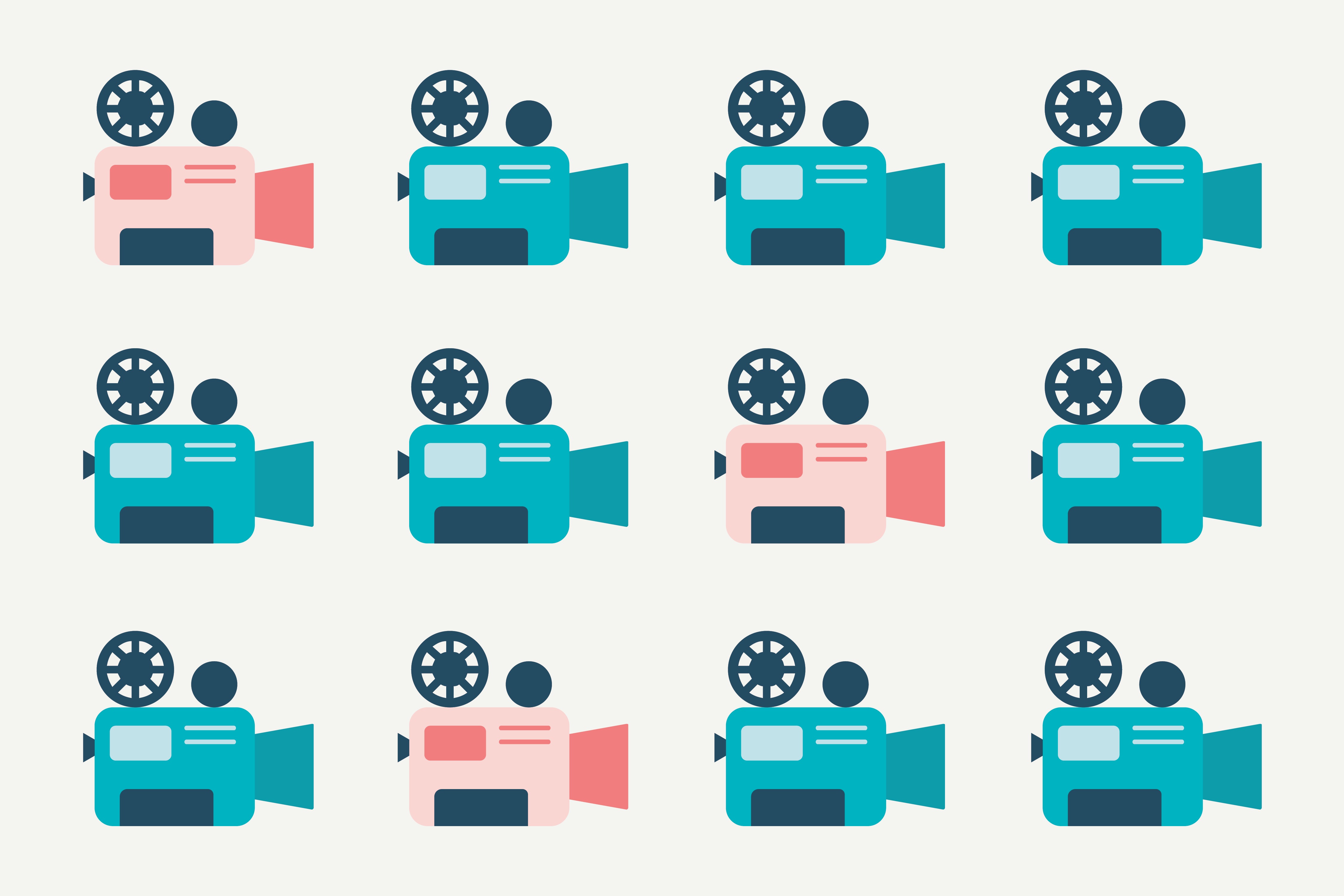
Are There Different Types of Wedding Videographers?
Advice
There are multiple types of wedding videography to choose from to capture your celebration. Read about the most popular styles and see what's best for you.
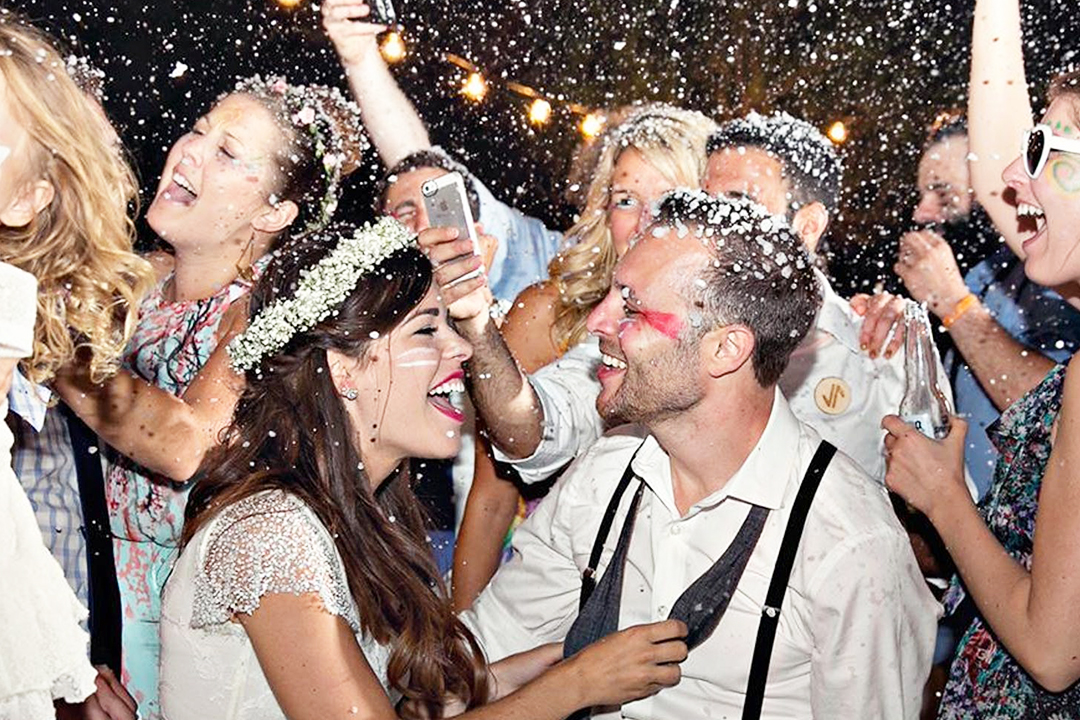
10 Questions to Ask Your Wedding Videographer
Inspiration
Read on for our list of the top 10 questions to ask a wedding videographer to determine if they're the best fit to capture your celebration.
Featured

How to Take Authentic-Looking Engagement Photos
How-To
Engagement photos tend to all look the same. Stand out and take photos that feel unique to you with our guide to taking authentic engagement photos.

All-Inclusive Wedding Venues: Pros and Cons
Advice
All-inclusive wedding venues provide essential services, thus reducing your need to vet and book wedding vendors. Is all-inclusive right for you? Find out here.
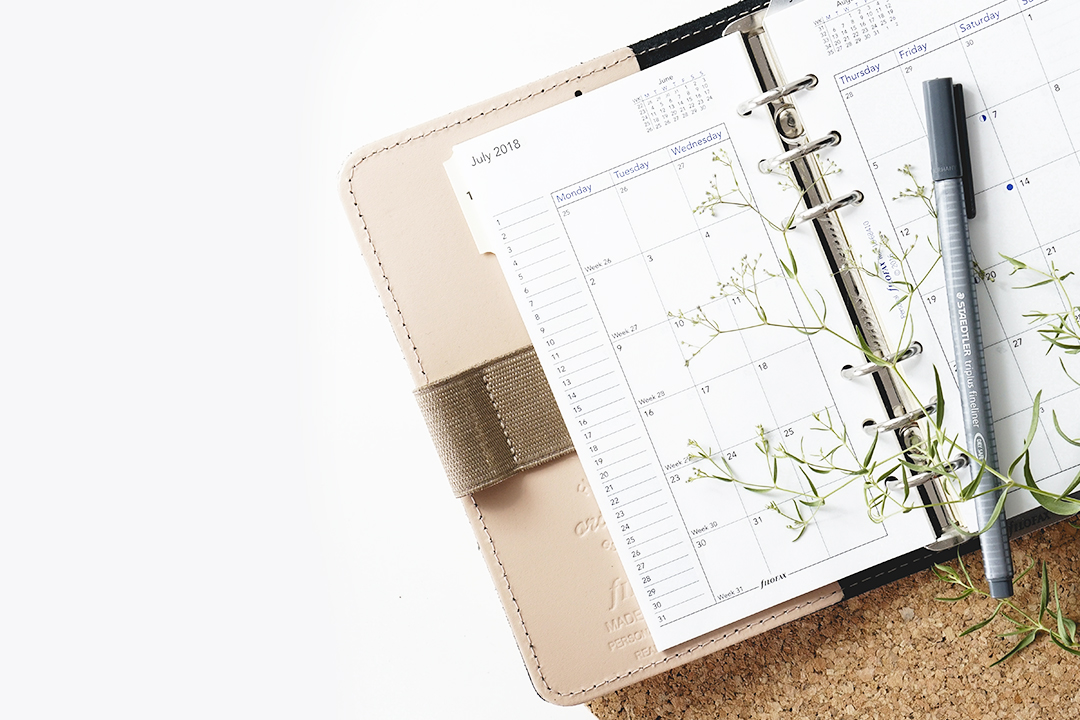
A Wedding Coordinator Checklist
Advice
Wondering what a wedding coordinator does? This wedding coordinator checklist outlines the tasks they will check off the month before, the day before, and the day of the wedding. If you are a coordinator yourself, it is a great tool for your reference!
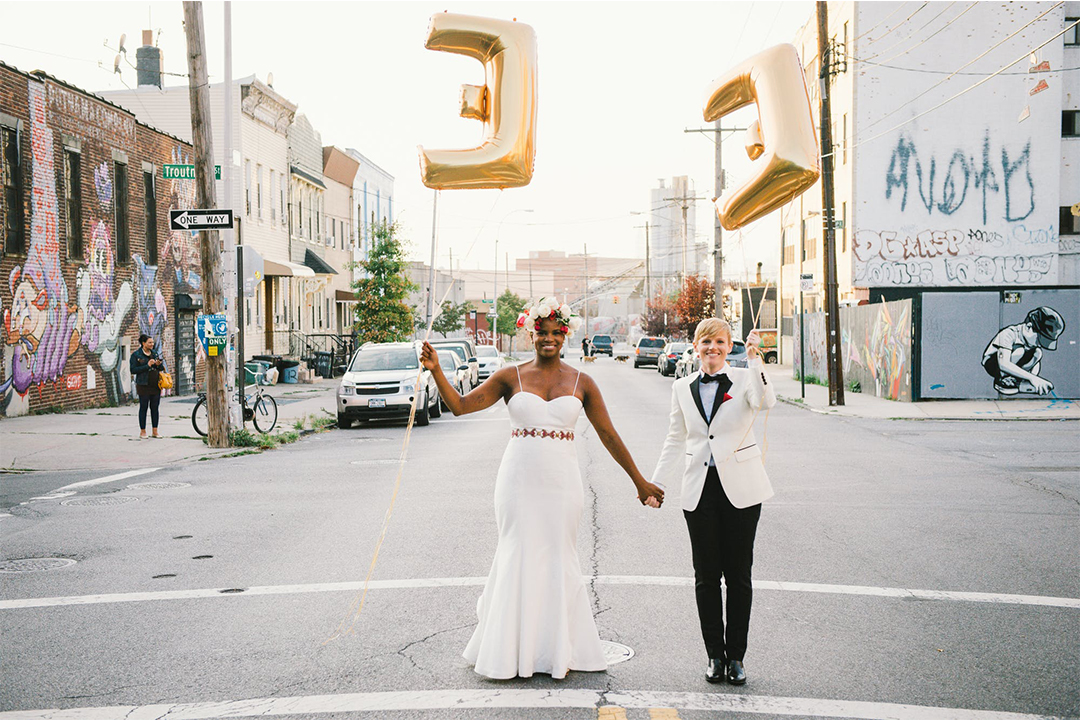
Do You Need a Wedding Videographer and Photographer?
Advice
A wedding videographer and photographer serve totally different purposes, so do you hire? Here’s what you can expect from each so you can decide if you need one or both!
- Expert advice/
- Venues & vendors/
- Photos & video/
- Is A Wedding Videographer Worth It?
Find even more wedding ideas, inspo, tips, and tricks
We’ve got wedding planning advice on everything from save the dates to wedding cakes.
